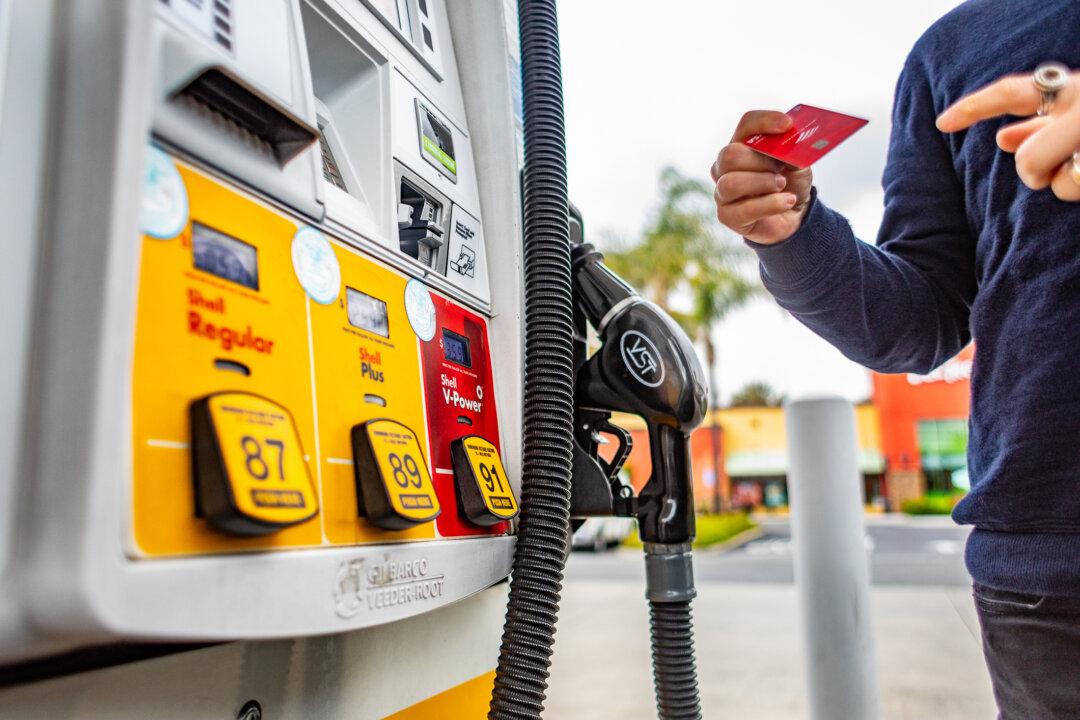The White House’s recent plan to bring down gas prices, while bold, lacks substance, according to Don Whaley, president of Whaley Energy Consulting, who said releasing oil from the national reserves and invoking the Defense Production Act (DPA) are largely symbolic actions.
“So, this announcement, while it’s a bold step ... I’m not sure how much substance there really is behind it. And more importantly, this is not like during World War II, when we turned all our commercial production into military production,” Whaley told NTD’s “Capitol Report” during a recent interview.






